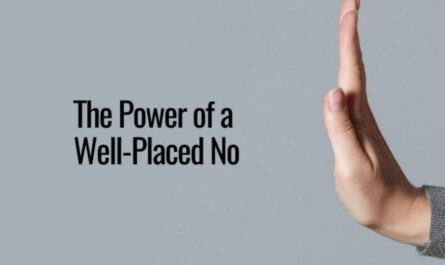There are things we never talk about—memories we bury, emotions we silence, and pain we pretend no longer exists. Yet, the more we suppress them, the louder they echo in our hearts, shaping decisions we don’t even recognize. Healing the untold isn’t just revisiting the past; it’s freeing yourself from invisible chains. What you avoid doesn’t vanish—it steers your life until you confront it head-on.
1. Silence Isn’t Strength
We’ve long confused silence with resilience, convincing ourselves “moving on” means locking pain away. But silence doesn’t heal; it festers. Unspoken wounds resurface as anxiety, unexplained anger, or nagging self-doubt, eroding your confidence during exams or blog deadlines. True strength? It’s the courage to name your pain, stare it down, and reclaim your narrative.
2. The Burden of Unspoken Pain
Carrying untold stories weighs you down—manifesting in tense shoulders, sleepless nights, or snapping at loved ones over nothing. You might not connect the dots: why a casual comment triggers overwhelm, or why you sabotage goals like scholarship apps. Acknowledgment is step one—what you name gains no power to control you. Healing starts with “Yes, that happened, and it hurt.”
3. Speaking Truth Sets You Free
Sharing your story—with a trusted friend, journal, or therapist—isn’t vulnerability; it’s liberation. Your voice dismantles shame’s grip. Each word uttered builds a bridge from captivity to clarity, weakening fear’s hold. Your past doesn’t define you; voicing it rewrites the ending. For students chasing growth, this freedom fuels bolder steps—smarter studies, deeper wellness, authentic connections.
Why Face It Now
Bottled pain blocks the empowerment of saying “no,” smart studying, or low-sugar thriving. In Port Harcourt’s hustle, where uni pressures mount, unburdening lets you rise—clearer, lighter, unstoppable. Start small: Whisper it to a mirror, text a safe ally. Watch chains break. Your untold story craves air; let it breathe, and soar.
Read also: Why Saying No Is the Most Empowering Thing You’ll Ever Do
Healing Is Not Linear
Healing doesn’t happen overnight. Some days, you’ll feel strong and hopeful; other days, you’ll feel like you’re back where you started.
That’s okay. Healing is a journey, not a straight line. Give yourself permission to take it one step at a time. Celebrate your small victories—they matter.

Finding Safe Spaces to Heal
You don’t have to heal alone. Find a space where you can be honest without judgment—this could be therapy, a support group, a faith community, or journaling.
Sharing doesn’t mean telling everyone your story—it means allowing yourself to be seen and supported.
Healing thrives in safe spaces.
Breaking Free Through Forgiveness and Release
Forgiveness isn’t about excusing what happened; it’s about freeing yourself from the hold it has on you.
Letting go is not forgetting—it’s choosing peace over pain. When you release the weight of resentment, you make room for growth, love, and wholeness.
Healing the untold is a brave act. It’s choosing to confront what broke you so you can rebuild stronger.
You may not change what happened, but you can change how it lives inside you.
Your voice matters. Your story is valid. And your healing is possible.
For more guidance on emotional recovery and trauma healing, visit https://www.helpguide.org/mental-health/ptsd-trauma?utm_source=chatgpt.com



